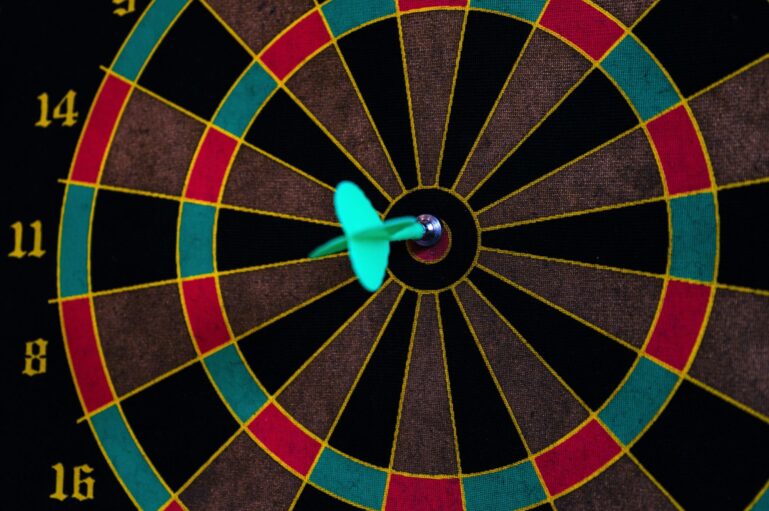The fear of failure is enough to stop many people in their tracks and cause them to give up without even making any further attempts. Is it possible, however, that failure could be just the “force” that one needs to propel one to a place of fresh thinking, new levels of creativity and renewed energy that one can apply to alternative solutions and possible success? Charles C Manz, in his book “The Power of Failure”, believes that failure is just that catalyst that one needs to stimulate success and suggests that:
- Challenges are disguised opportunities
- Failure can spur positive change
- Setbacks catalyse creative coping skills
- Collaboration with failure can be an ongoing part of being successful
Highly successful people seem to learn from failure and use their setbacks to succeed, failure being an essential component of their personal and professional advancement. Living in the past, however, where there is regret over decisions made, past failures and anguish over ensuing results, leads to mental and emotional dysfunction – stress, negativity, anxiety and even depression. The past always seems to pull one into its vortex of regrets and instils uncertainty with regard to the future with its frightening images of the unknown. An obsession with the past, for most, seems to induce paralysis and drains huge amounts of energy out of the system – energy which could have been utilised to design an optimal future.
A failure should not be viewed as the end of the road, but rather as a stepping-stone to a larger success. A person that never fails could be a telling sign that the person is not trying anything new nor attempting something more challenging. Menz notes: “Mastering new skills and growing as individuals require that we enter unfamiliar arenas that can provide us with new knowledge and capabilities, but the principle remains the same – you must experience failure in order to succeed”. Just attempting to avoid mistakes is counter-productive – e.g. Beethoven trying to compose music so cautiously that he never hit a wrong note. In fact, he was no stranger to failure – at one stage in his musical career, his teacher said that he had no talent for music and that, as a composer, he was hopeless.
The more you try to grow your knowledge and experience in new and challenging areas, the more mistakes you will have to make. Much of this potential for growth boils down to being willing to take risks. Author Carole Hyatt (Learning from Failure) wrote that aggressive CEO’s tell their direct reports: “If you haven’t failed at least three times today, you haven’t tried anything new”. She adds: “Avoiding failure leads to avoiding risks – a type of behaviour not well-suited to most businesses in today’s economy”.
See failure as a “force” – a force to accelerate one towards new opportunities and new potential successes. Menz concludes: “So, if you want to succeed more quickly, heed this surprising sage advice – double your failure rate”. Although counter-intuitive, this behaviour contains the seeds of tomorrow’s greatest successes.










